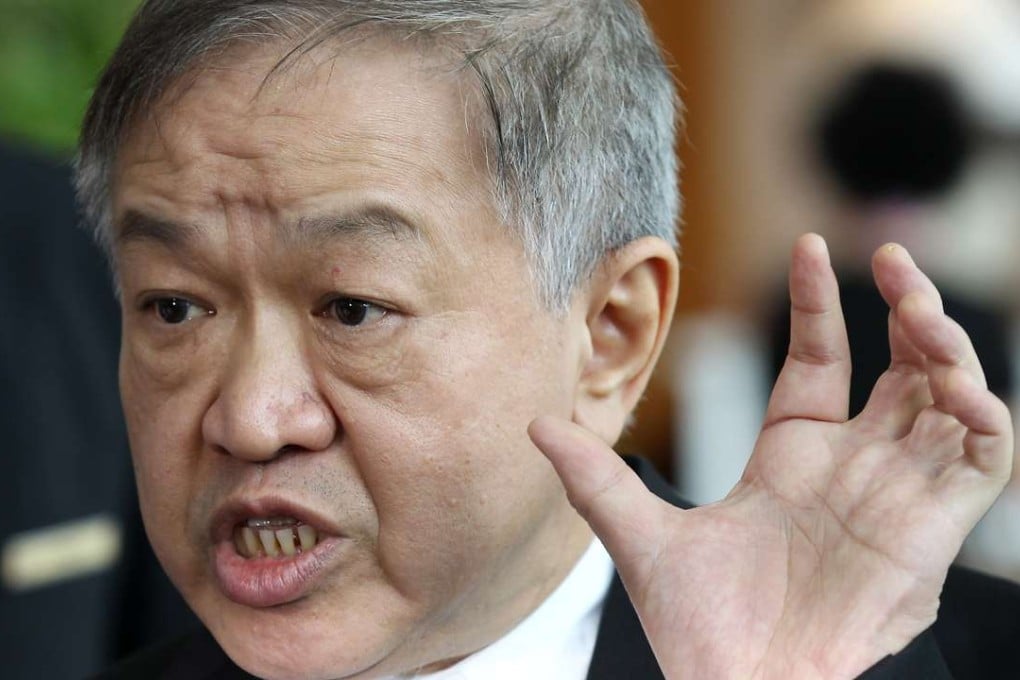Li Ka-shing’s Power Assets posts higher interim profit due to disposal loss last year

Power Assets, an international utilities firm hurt by the British pound’s depreciation against the dollar, posted a 7.4 per cent year on year rise in net profit for the first six months as a loss from an asset sale pulled down profit in the year-earlier period.
The company, which invests in power and gas utilities in Britain, Holland, Portugal, mainland China, Hong Kong, Australia, New Zealand, Canada and Thailand, recorded a net profit of HK$3.48 billion in the year’s first-half.
That was up from HK$3.24 billion in the year-earlier period, which included a loss of HK$532 million from the sale of a minority stake in its Hong Kong utility unit HK Electric Investments.
Excluding the disposal loss, underlying profit has fallen in the first half of this year.
Revenue edged up 0.5 per cent to HK$629 million for the half, the company said in a filing to Hong Kong’s stock exchange after the morning trading session closed. An interim dividend of 70 HK cents per share was declared, up from 68 HK cents in the year-earlier period.
The firm, controlled by tycoon Li Ka-shing, will concentrate on “high quality investments in a diversified range of stable, well regulated energy markets” and is “currently in good progress on a few potential sizable investment,” chairman Canning Fok Kin-ning said in the filing.